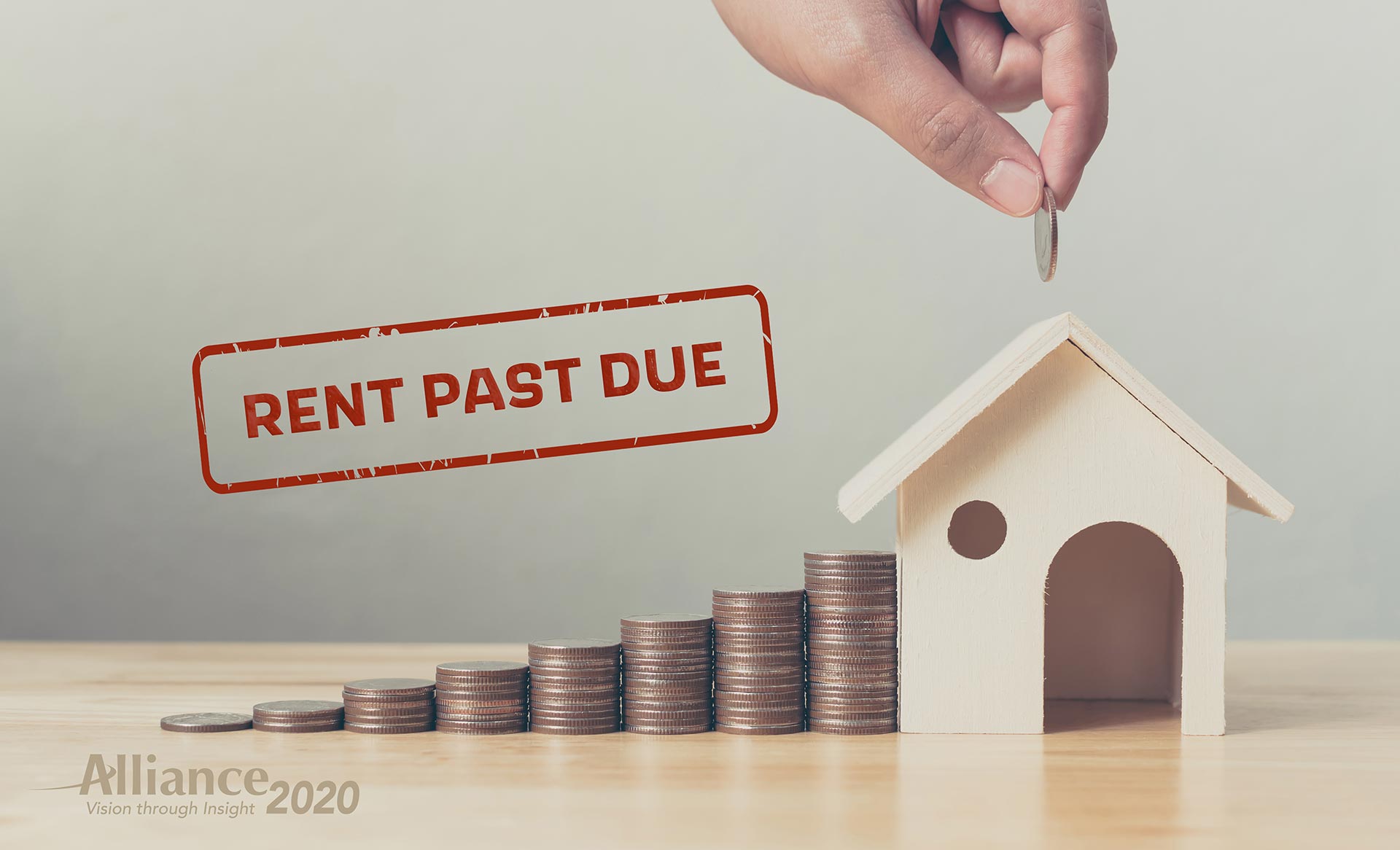The United States is unquestionably feeling the economic impacts of the COVID-19 pandemic caused by coronavirus. Across the nation, an alarming number of people have their lost jobs and income due to business closures. More than 3 million people filed claims for unemployment benefits within the past few weeks alone.
A consequence of businesses closing is the possibility of foreclosures, evictions, and bankruptcies. Residential tenants are a primary concern during this health emergency due to lost income. In response to the mass unemployment, Washington State Governor Jay Inslee declared a statewide moratorium on all residential evictions for non-payment of rent.
Eviction Ban Details
Governor Inslee announced the eviction ban to aid workers, renters, businesses, and other individuals negatively impacted by the outbreak. The order will be in effect for 30 days or when the civil emergency ends, whichever comes first. Landlords cannot take any of the following actions:
- Serving a tenant with a notice to pay rent or vacate their home,
- Serving a tenant with a notice to terminate their tenancy when they are a month-to-month tenant, or
- Filing an eviction lawsuit against a tenant for the nonpayment of rent
In addition to the statewide declaration, region-specific regulations are being implemented as well. King County and the City of Seattle are among these.
Complications & Social Impact
The most pressing question that local tenants have is what happens when the 30-day moratorium ends. Low income and vulnerable communities are the most disproportionately impacted by the pandemic. The majority of renters who are at risk are also the ones living paycheck-to-paycheck.
The eviction suspension is a temporary solution for a larger issue. Although it may offer reassurance for the time being, the results are not sustainable. As soon as the national emergency ends people will return to work. However, at that same time, landlords will need renters to repay two to four months’ worth of rent. With the moratorium lifted, landlords are once again able to evict non-paying tenants, bringing us back to the initial problem. This incites a greater cycle of poverty of debt for those struggling to get by, as well as property owners needing to pay mortgages.
Are there other options?
Arguably, a more viable resolution to the financial crisis caused by COVID-19 is to invest money into rent resources. Tenants across the country hope to lobby for both state and federal government for a widespread bailout. Another possibility that tenants are seeking is a rent strike or rent freeze.
Millions of people are out of work. So, this raises the question: should the government suspend rent completely or postpone payments? Which option will have the least impact on communities struggling the most? And finally, if you yourself are a landlord, what solutions would you seek to resolve problems for both yourself and your tenants?




